AARP Hearing Center

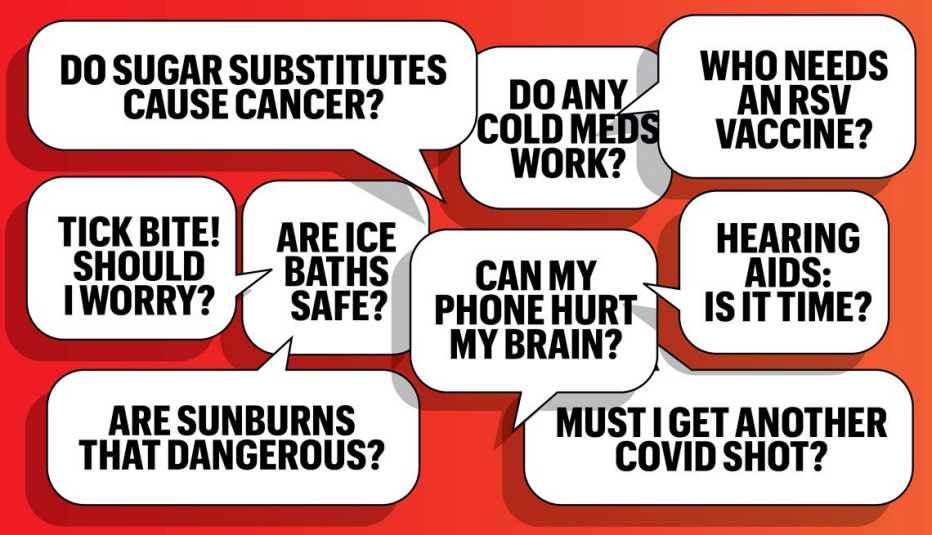
The world of medical news moves quickly, with new studies and advice emerging all the time. AARP sought out authoritative answers to the health questions many of us are asking right now.
1. Can a pill or capsule stand in for fruits and vegetables?
I don’t eat enough fruits and vegetables. Are those fruit-and-vegetable capsules that are increasingly advertised on TV a solution?
Unfortunately, no. “It’s impossible to replicate what you’d get from real food by taking a supplement,” says Chris D’Adamo, director of the Center for Integrative Medicine at the University of Maryland School of Medicine.
Only about 1 in 8 adults over age 51 eats enough fruits and vegetables to meet the Food and Drug Administration’s (FDA) recommended amounts (a modest 1.5 to 2 cups of fruit and 2 to 3 cups of vegetables per day). Savvy businesses know that, so marketers have begun pitching capsules, gummies or powders that claim to pack the equivalent nutrition of a dozen or more fruits and vegetables.
But even if these supplements contain beneficial ingredients, real produce has thousands of complementary nutrients that can’t be duplicated in a supplement, D’Adamo says. Plus, these capsules are mostly devoid of fiber — something that fresh produce is loaded with, and which feeds the gut bacteria to keep it healthy. A study in The American Journal of Medicine on more than 1,000 adults over age 60 found that consuming higher intakes of fiber is associated with better cognitive function. —Jessica Migala
2. How often do you need a skin check?
Jimmy Buffett’s death from skin cancer has me really worried, given all the sunburns I’ve had over the years. How often should I be getting skin checks?
One to two times per year, depending on your skin type and personal and family history of skin cancer, says Doris Day, M.D., a New York City-based board-certified dermatologist.
While Merkel cell carcinoma, the type of cancer that claimed Buffett at age 76, is extremely rare, skin cancer itself is not. By age 70, 1 in 5 Americans will develop some form of skin cancer, according to the Skin Cancer Foundation. Why? As you age, damage from the sun accumulates, while a less-efficient immune system also makes you more susceptible to cancer.
And your sun-drenched past could come back to haunt you today: Five blistering sunburns in your teens ups your risk of melanoma — a deadly form of skin cancer that kills about 8,000 people per year in the U.S. — by 80 percent. Rates of melanoma and nonmelanoma skin cancers, such as basal and squamous cell carcinomas, are also highest in older adults.
Regardless of your tanning history, stay alert for changes in your skin, Day says. In one study, in which skin checks were performed on 552 people over age 70, more than one-quarter of people had skin cancer or precancer. “Getting a skin check often means that a dermatologist can reassure you that a specific spot is benign, or it can catch skin cancer early where outcomes are better,” she says. —JM
3. Do I really need another COVID shot?

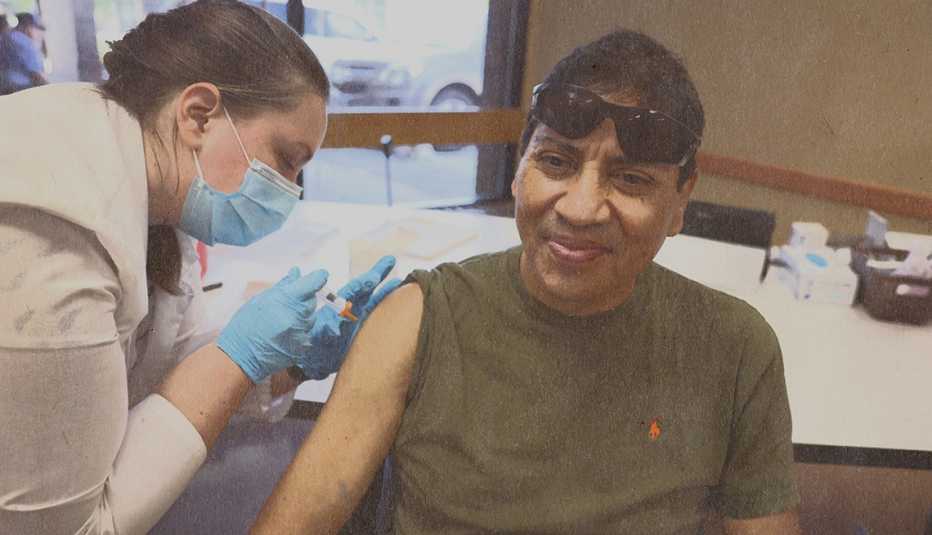
I’m up to five COVID shots. Should I really be signing up for another one now?
Yes. If you didn’t get a COVID vaccine this fall, you need to hustle and catch up. For starters, it’s likely been a while since your last COVID shot. The previous booster was released more than a year ago, and in that time, the immunity you got from it has waned, leaving you more vulnerable to getting sick if you catch COVID.
The new shot also targets more recent versions of the virus. (The previous booster took on variants that were causing infections last year.) What’s more, health experts predict that COVID will continue to circulate throughout the winter, along with flu, RSV and other viruses that send hundreds of thousands of older adults to the hospital each year.
“One thing that we’ve learned over the past three and a half years is that [the coronavirus] isn’t a seasonal virus like the flu is. It’s with us constantly,” says David Montefiori, director of the Laboratory for AIDS Vaccine Research and Development at Duke University Medical Center. “And as immunity wanes in the population, we’re going to continue to see increased numbers of infections and associated increases in hospitalizations and deaths.”
Going forward, the coronavirus vaccines could become an annual shot, like the influenza vaccine. Researchers are even working on a combined COVID-flu vaccine, so a few years from now, it could be a one and done. —Rachel Nania
4. Is there a decongestant that will unstuff my nose?
I’ve been taking cold medicine for years and now I hear these decongestants don’t actually work. What should I do now?
It’s true: A panel of health care professionals that advises the FDA recently announced that a common decongestant found in many cold and flu medicines — called phenylephrine, or PE on packaging — won’t harm you, but it won’t unstuff your nose either. “It’s almost like a placebo, a sugar pill, when it’s taken orally,” says Stefanie Ferreri, a professor of pharmacy at the University of North Carolina Eshelman School of Pharmacy. (It is still effective when used as a nasal spray.)
If you’re looking for a decongestant that will work, there are options. Pseudoephedrine is an effective oral alternative, says Sarah Westberg, a professor at the University of Minnesota College of Pharmacy. Just know that pseudoephedrine (which is sold from behind the pharmacy counter but still without a prescription) can cause an increase in blood pressure, so it’s important to talk to your doctor before taking it if you have high blood pressure or heart disease.
Saline nasal sprays that don’t contain medication can also help to relieve congestion. So can steamy showers and humidifiers. —RN
5. Gummies vs. joint: Is one safer than the other?


Recreational use of marijuana became legal in my state, and now several friends have started taking THC gummies. Are they really safer than smoking a joint?
“Smoking anything is bad for your lungs,” says Peter Grinspoon, M.D., a primary care physician and cannabis specialist at Massachusetts General Hospital. Thus, reaching for a gummy infused with cannabinoids may be a safer route — if you get the dosing right.
“The effect from an edible can come on one to two hours after consumption,” Grinspoon says. As a result, it’s easy to overconsume the drug, resulting in consequences such as increased anxiety, palpitations and fatigue. “With smoking a joint, the effect is virtually instantaneous and one can, after a minute or two, decide whether to take a second puff — so it is relatively easier to titrate to the correct dose,” he explains.
Also keep in mind that you’ll typically feel the effects of a joint for two to four hours, while gummies’ effects can linger for six to eight. Speak to a medical professional educated in cannabis for help on finding your ideal dosing, and buy only from legally licensed dispensaries. The rule of thumb when ingesting edibles is to “start low and go slow,” Grinspoon advises. —JM
6. Is relying on my smartphone and GPS bad for my brain?
I read that relying too much on my smartphone for GPS, phone numbers, etc. isn’t doing my brain any favors. Could my phone use be causing my recent decline in memory?
“Digital amnesia” may have gotten lots of press in recent years, but worries that our phones are turning our brains to mush are probably overblown. That said, some research indicates that smartphones can make older adults feel dumber, because they flood us with numerous data sources at the same time as our natural decline in “cognitive flexibility,” or the ability to multitask, makes processing all this data more difficult.
Still, if you’re concerned about your memory, speaking to a doctor is important. Plenty of issues can toy with your mind and memory, and many of them are fixable, including lack of sleep and some medications.
“The earlier you can address your concerns, the more likely you can participate in your care and preserve your independence,” says Joel Salinas, M.D., clinical assistant professor of neurology and an expert on neurodegenerative diseases, dementia and Alzheimer’s at NYU Langone Health. Your doctor can ask a few questions about your recent habits and medicines and put you through a simple battery of tasks to get a handle on your brain health.
For people 65 and older with Medicare Part B, this kind of cognitive health visit is covered every year. Even if you’re younger, it’s worth checking. The remedies to your brain lapses may be easy, and if you’re dealing with the start of real memory problems, the sooner you know, the sooner you can take steps to support your brain health and independence. —Cori Vanchieri



































































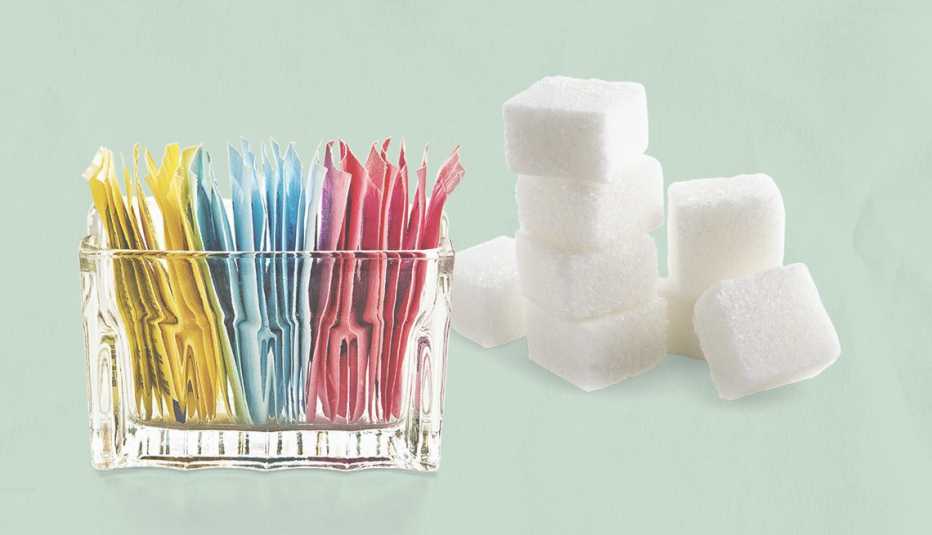
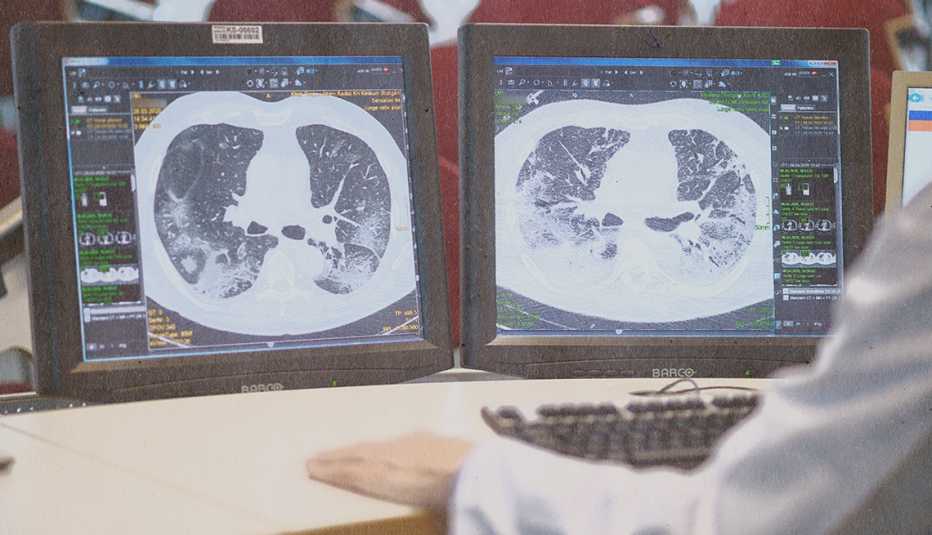
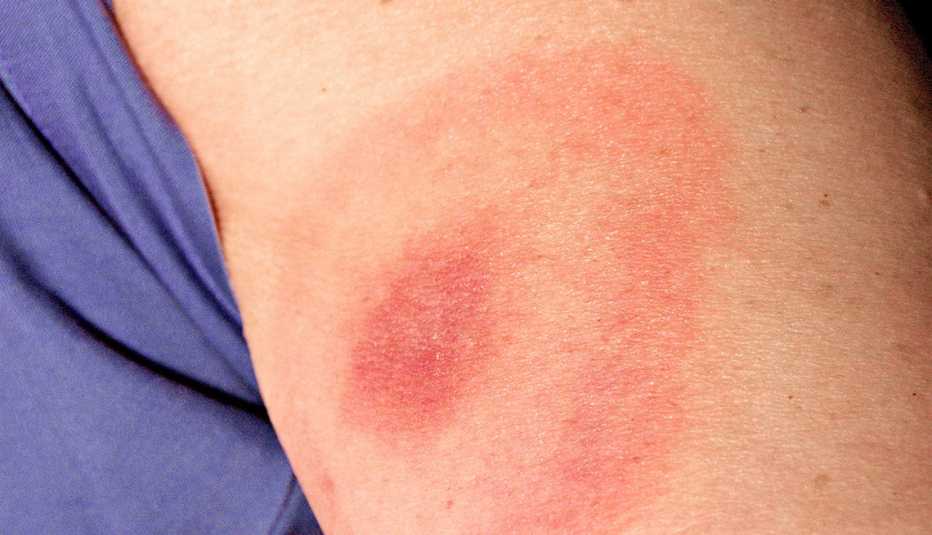
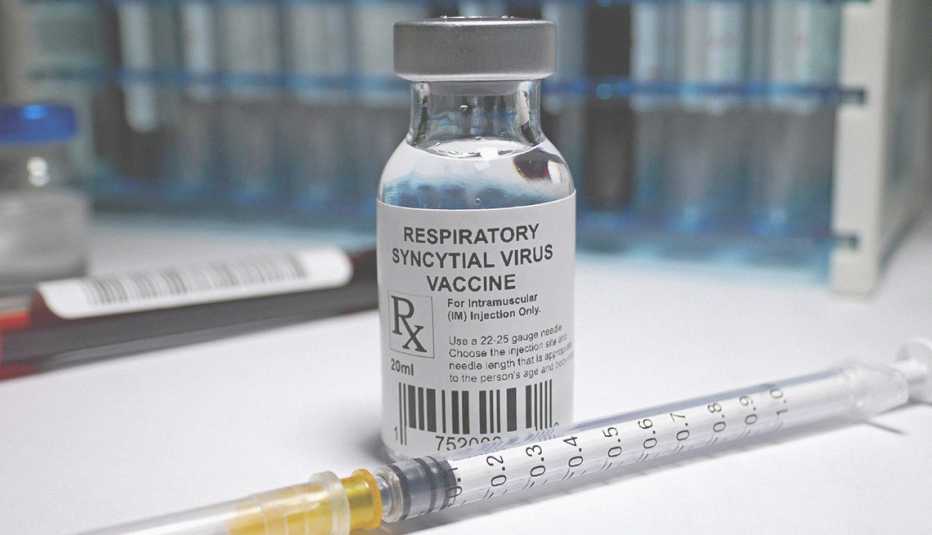
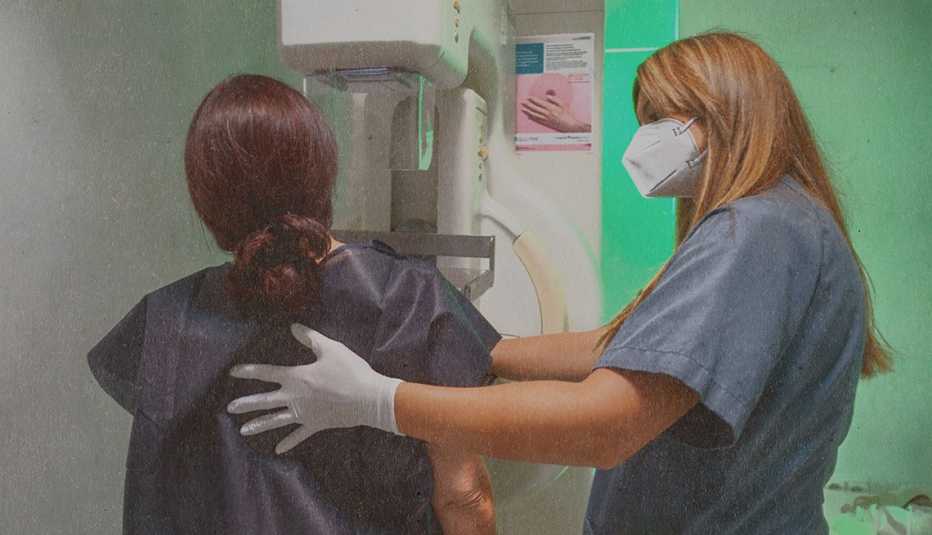



More on Health
How Well Are You Aging?
8 Signs You're Aging Gracefully in Your 50sTo Get a Better Workout, Play Like a Kid
The perks of making your exercise routine funAn Interview With Your Insides
We hear from the liver, stomach, bladder and more